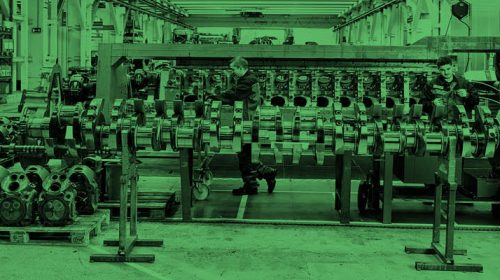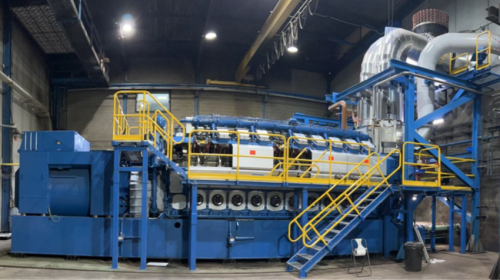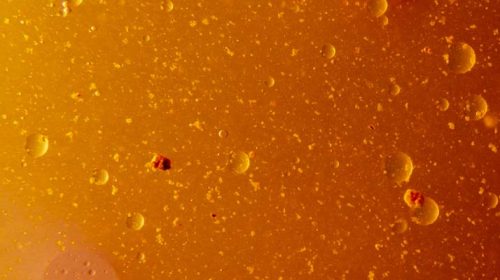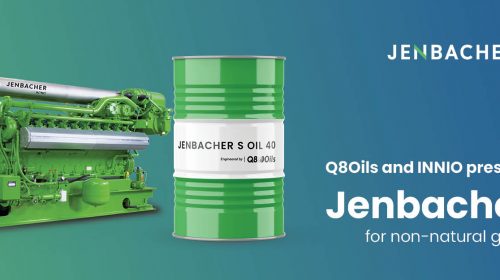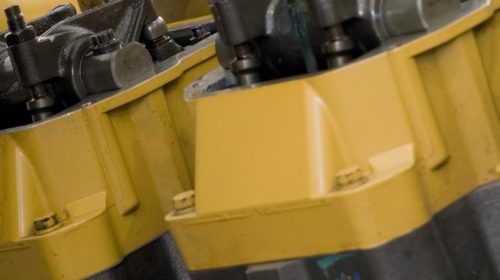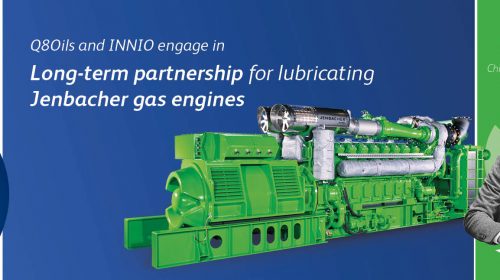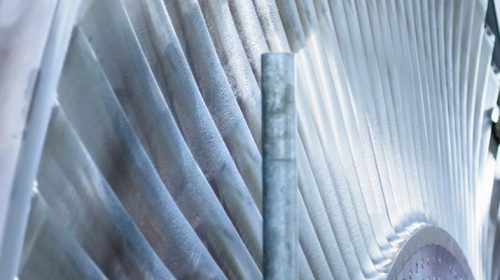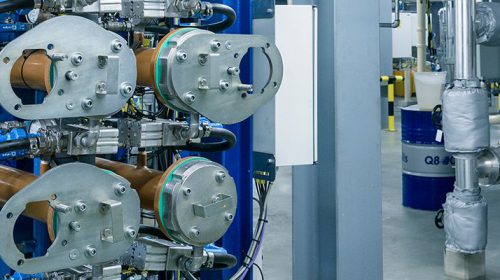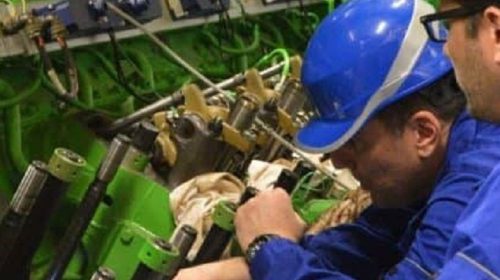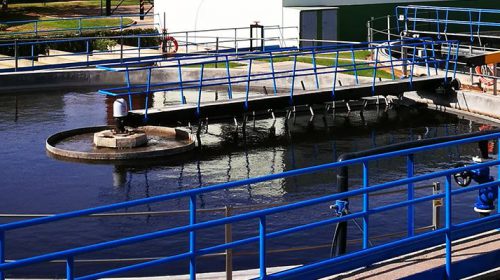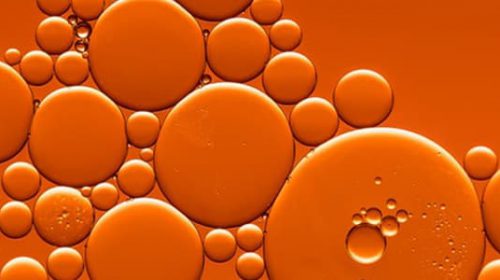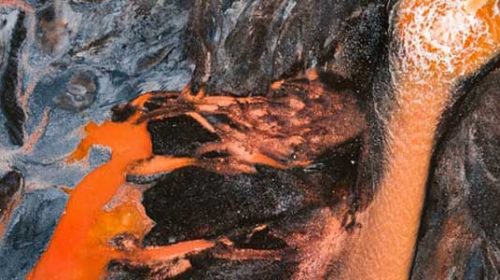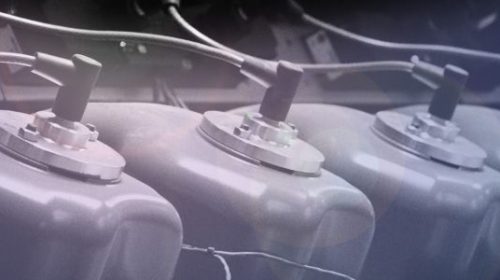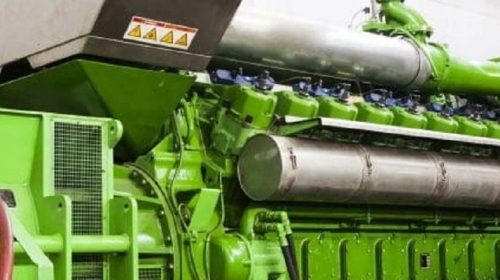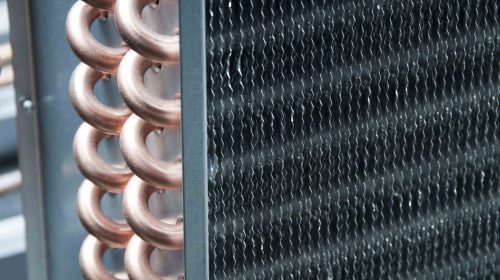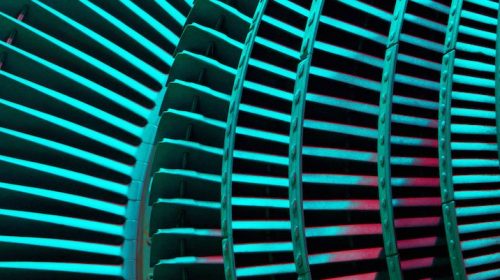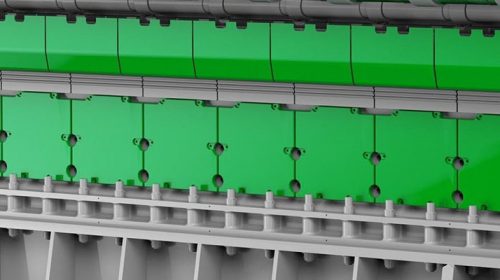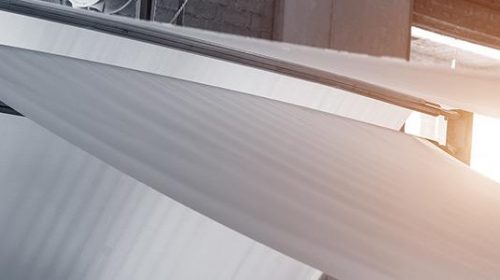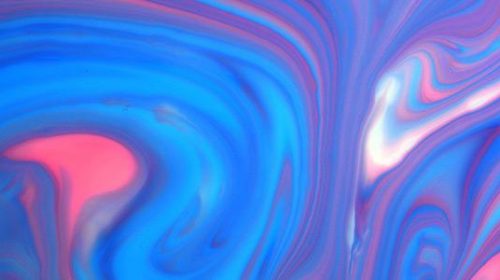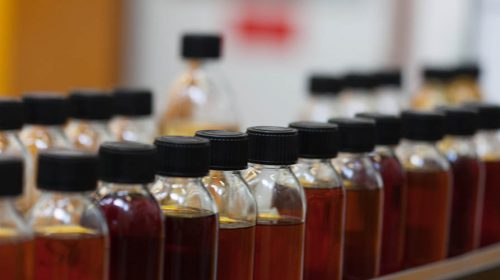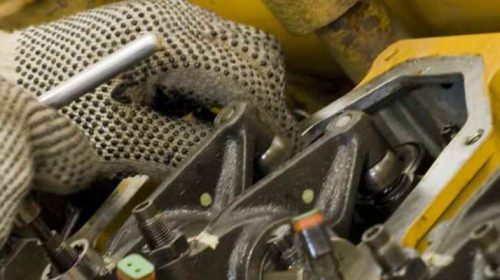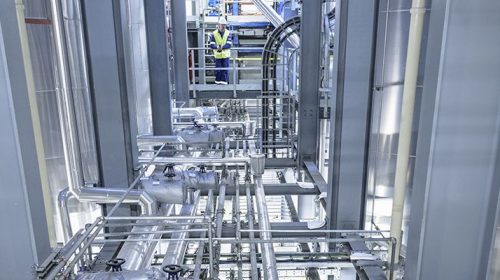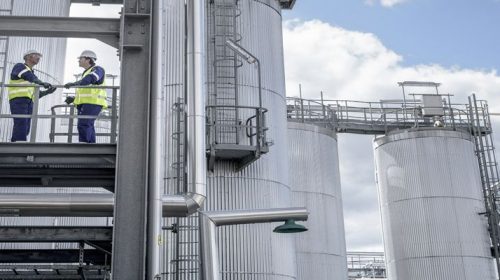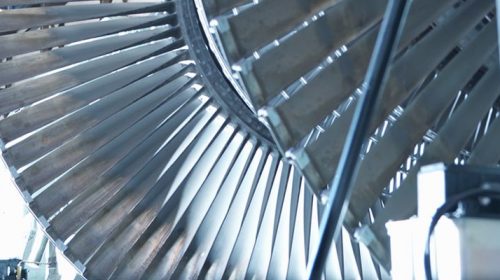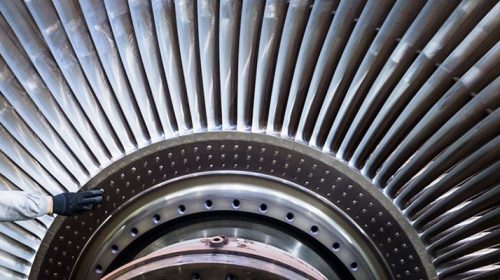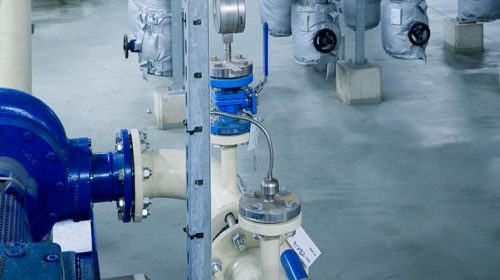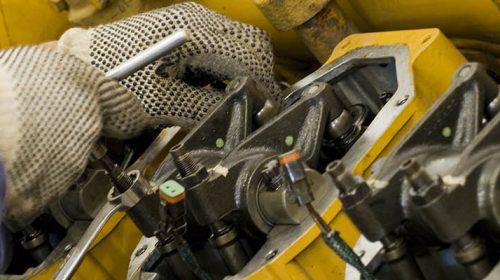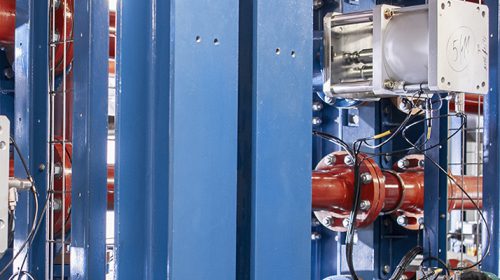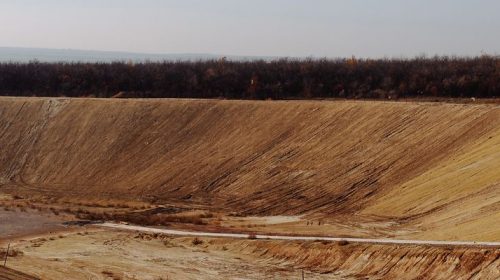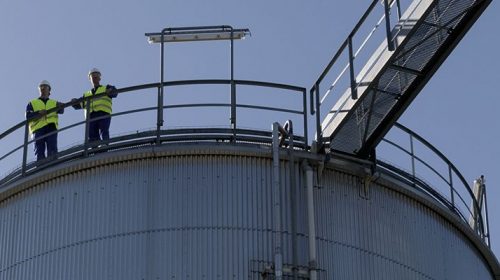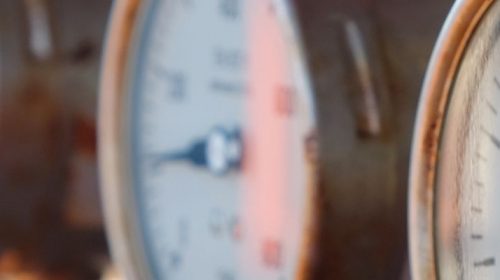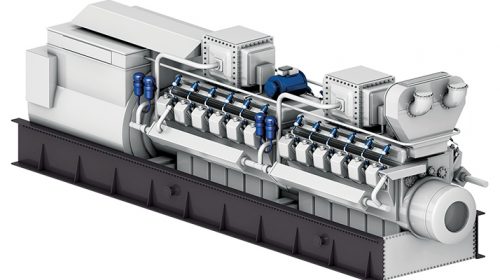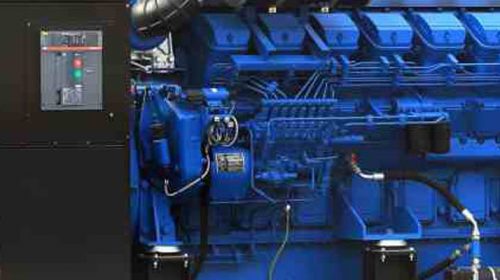For more than 30 years Q8Oils has been performing research to answer the typical challenges of gas engine oils. The result is a range of products that prolong the drain interval and engine cleanliness and to increase the life span of cylinder heads, specifically the valves and the vale seats.
Our goals is to develop products which are stable, can withstand the high temperatures of the modern gas engine and have enough TBN retention. Even more importantly, with our gas engine oils we aim to to keep the engine free of lacquering and carbon deposits build-ups.
The side-effect of the cylinder’s hone pattern
The cylinder wall of gas engines has a cross hatch hone pattern to continuously maintain an oil film, which plays a very important role in lubricating the piston rings. With each combustion stroke this small amount of oil is burned, possibly blocking the cylinder wall pattern. This negative side-effect leads to an increased oil consumption and undesired carbon build-ups through the whole line from the top of the piston, the combustion chamber and the exhaust line, for example in the exhaust gas coolers and the catalyst elements.
The way the oil in the hone pattern is burned and the resulting residue are key elements in keeping the gas engine performing as designed in terms of power output, efficiency and oil consumption.
Setting a new standard for gas engine oils
All our gas engine products are based on KPR&T (Kuwait Petroleum Research and Technology) developed additive chemistry. It resulted in the development of our our Q8 Mahler G and Q8 Mahler GR series products which take a totally new approach towards engine cleanliness and carbon deposits.
This new methodology definitely raised some eyebrows at first, but couple of years down the line it became a “guideline” for some of our major competitors as well.
At the time of the laboratory tests, it became evident that with our Clean Technology chemistry we could dramatically reduce the amount of lacquering.
Clean engines with low carbon deposits
During all field trials at the intermittent and final inspections, we saw time after time clean cylinder liners with almost zero varnish. Even for the most challenging gas engine designs with steel pistons the results were astonishing. These engine types with a BMEP (Brake Mean Effective Pressure) of 24 Bar or more, develop very high temperatures at the piston crown and piston rings grooves. Despite these harsh conditions, we only saw small amounts of carbon deposits which were soft and easy to remove.
Bio gas, 12.000 hours Q8 Mahler “Clean Technology” Product
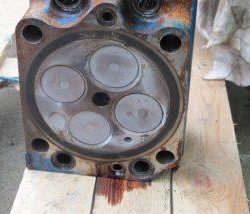
Steel piston, natural gas- 9.000 hours Q8 Mahler “Clean Technology” Product
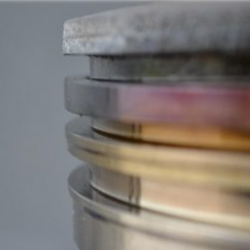
This soft nature of the deposits also contributes to longer lasting cylinder head valves and valve seats. Additionally, it reduces the risk of cylinder walls being scored by deposits, which are dragged down by the piston crown.
Natural gas- 8.500 hours Competitor product High level of hard deposits leading to excessive wear of valve seats
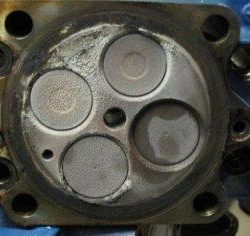
Natural gas- 8.500 hours Competitor product – Hard deposits being drag down by piston, scuffing the cylinder wall
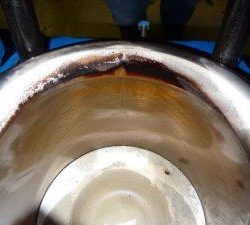
Two times lower oil consumption
During our test we saw customers engines operating for over 20.000 consecutive hours with Q8 Mahler products based on the Clean Technology chemistry. The results confirmed our strategy: a clean cylinder hone pattern leads to a lower oil consumption. In some cases we noted an oil consumption that was up to two times lower in comparison with our competitors, resulting in less deposits in the combustion chamber, which prevents the engine from pre-ignition.
Some high performing gas engines using traditional engine oils, required 3 oil filter changes during one oil drain interval. Switching to a Q8 Mahler engine oil with the Clean Technology chemistry, the drain interval almost doubled while no intermediate oil filter change was necessary.
Conclusion:
Q8Oils Mahler R and Mahler GR engine oils enable you to:
- Keep engines clean and well running.
- Keep engine performance and efficiency at the required level.
- Increase the lifespan of the lubricating oil filters.
- Decrease maintenance cost.
And all this started with a clean hone pattern.






